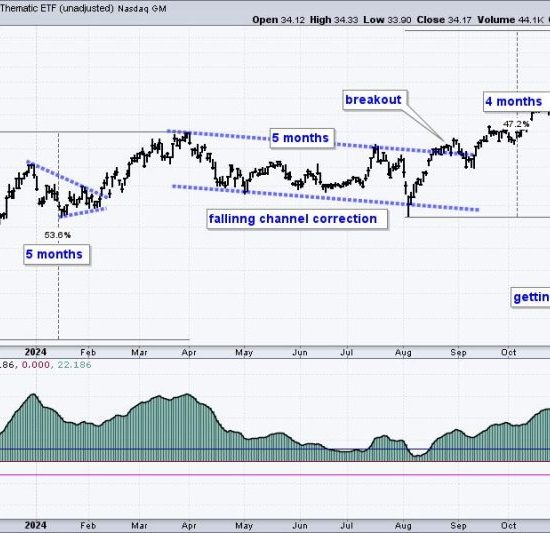Every individual at some point will undoubtedly encounter volatile situations and changes in life. Such volatility can take several forms – financial market fluctuations, career shifts, personal-life changes, or worldwide crises like the COVID-19 pandemic. However, one’s perspective in approaching and handling these situations can make a world of difference. This article will illuminate ways to get a clear perspective to effectively deal with volatility.
One of the first steps to get perspective is self-reflection. The importance of this cannot be overstated. To deal with volatility, you need to contemplate yourself objectively to understand your feelings, reactions, and attitudes towards change. When a volatile situation arises, instead of instinctively acting in fear or haste, create a moment of pause, consider your actions and the potential consequences that could follow.
The second key to getting perspective deals with healthy emotional management. Emotional intelligence plays a pivotal role in handling volatility. It is unrealistic to aim to control external factors causing volatility, but what is within one’s control are internal emotions about these events. Exercising emotional intelligence by being aware of, understanding, and managing your emotions can lead to rational decision-making processes, helping to navigate through chaotic times.
Dealing with volatility also involves limiting exposure to negativity and information overload. In today’s digital age, we are constantly bombarded with news and updates, often amplifying uncertainty. It is advisable to limit consumption of distressing news and focus on reliable sources to avoid getting swayed by hearsay or manipulated data. Overexposure can lead to unnecessary panic, while maintaining a balanced intake of information can provide a comprehensive perspective.
Furthermore, embracing adaptability and resilience plays a pivotal role. The only constant in life is change, and adaptability is our best response to it. Remaining flexible and open to new information can help prepare for unforeseen circumstances. Meanwhile, resilience, the ability to recover from setbacks swiftly, is another quality that helps cope with volatility. Combining adaptability and resilience equips us to bounce back from difficult situations with renewed strength and insight.
Another resourceful approach is to retain perspective through mindful practices. Such practices include meditation, yoga, or other personal mindfulness routines. These can help reduce anxiety, clear the mind, and foster a more balanced perspective, resulting in better decision-making and problem-solving abilities.
Planning and a sound strategy also mitigate the impact of volatility. By creating robust plans with flexibility for adjustments, one can remain steadfast during volatile circumstances. For instance, in the financial domain, well-thought-out investment strategies with diversification principles can absorb shocks from market volatility.
Lastly, leveraging support structures is important in maintaining perspective. Friends, family, mentors, or professional help like coaches and counselors can provide valuable external perspectives and strategies to cope with volatility. The power of collective wisdom and emotional support can uplift your spirit during challenging times.
In conclusion, gaining perspective to deal with volatility involves a thoughtful blend of emotional intelligence, adaptability, resilience, and strategic planning. Additionally, limiting information consumption, using mindful practices, and leveraging support structures positively contribute towards effective volatility management. While volatility is unavoidable and can often bring stress and insecurity, following these steps can enable you to confidently navigate through these uncertain times with a balanced perspective.




